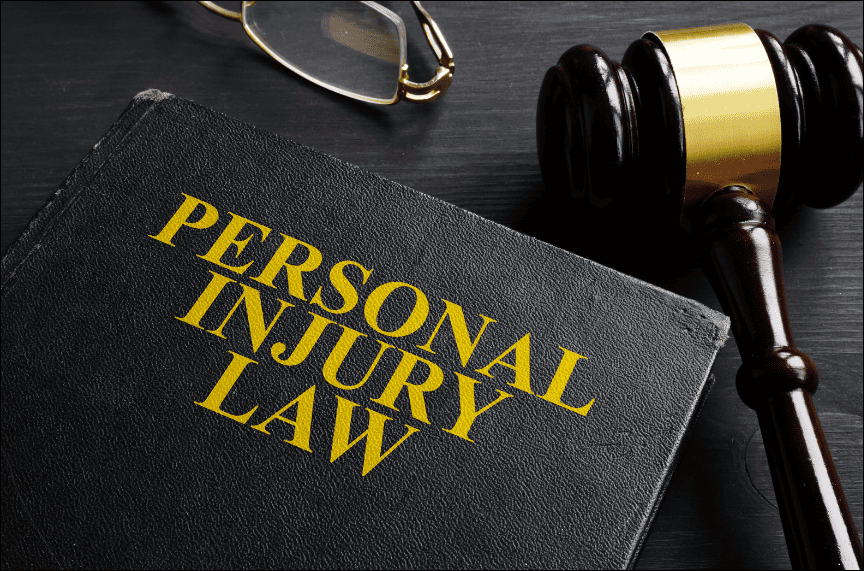A personal injury trial is not normal legal proceedings. They are emotionally charged and are full of narrations of pain and suffering in pursuit of healing and accountability. These trials are nothing but battles for justice and closure.
Table of Contents
On one side of the battleground is the plaintiff, who has suffered injuries or harm due to the negligence of the other party, the defendant. The plaintiff's claim seeks to hold the defendant accountable for the lost earning capacity and medical expenses incurred, among other recoverable losses.

On the other side of the battleground is the defendant, seeking to mitigate liability for the damage caused. At the center of the battleground is the jury, which has the significant role of delivering a verdict.
On this post, let us take a closer look at the legal processes involved in a personal injury trial and the roles and duties of those involved.

Acknowledge Pain, Injuries, and Suffering: The Position of the Plaintiff
Every plaintiff wants to win a personal injury claim. However, this is not a walk in the park since the defendants' side is prepared to challenge. It is a battle where the best candidate carries the day.
There are three key things that the plaintiff's attorneys need to do to enhance their chances of winning a personal injury claim. They are:
- Gather and protect all the necessary evidence
- Prepare a compelling argument
- Organize expert witnesses
Evidence such as videos and photographs taken at the accident scene allows the plaintiff to get the upper hand in a personal injury claim. This visual evidence can provide a clear illustration of what caused the accident and the extent of the injury.
Personal injury attorneys need to build a compelling argument to hold defendants accountable and indicate the need for compensation. They can do this by exposing the defendant's negligence as the cause of the accident.
Expert witnesses like doctors, engineers, and financial experts can provide authoritative opinions, further strengthening the argument built by the plaintiff's attorney.
Serve Justice and Deny Liability: The Plea of Defendants
On their side, defendants strive to underplay the extent of injuries and undermine the plaintiff's case. The goal is to either:
- Minimize liability or
- Mitigate the damages
Like the plaintiff, the defendants also have a legal team, have gathered evidence, and have arranged expert witnesses to counter the plaintiff's arguments. Among other things, the defendants' attorneys try to:
- Question the credibility of witnesses
- Cast doubt on the extent or severity of injuries
By questioning the credibility of witnesses, they infuse an element of uncertainty in the jurors' minds, which can influence their decision-making.
Similarly, by disputing or doubting the extent of injury, they invite jurors to view the potential compensation from an angle different from the plaintiff's.
Defendants also use expert witnesses like medical experts to reinforce their argument on the extent of injuries, which differs from the plaintiff's claim.

Impartial Verdict: The Jury's Role
The jurors are at the center of deciding the emotional legal journey of a personal injury trial. They analyze all the evidence, arguments, and witness testimonials before them and decide.
If the decision favors the plaintiff, it vindicates them and validates their struggles. Further, this would be a huge step towards closure. On the other hand, it is also possible for the jury to deliver a verdict favoring the defendants.
In most cases, however, this leaves the plaintiff with several unanswered questions and a sense of hopelessness.
Personal Injury Trial – Summary
Unlike other legal proceedings, a personal injury trial is a journey full of emotions as victims narrate their pain and suffering to hold the negligent parties accountable. To win a personal injury claim, plaintiffs and their lawyers must develop a compelling argument supported by proper evidence and expert testimonials.
Conversely, defendants seek to undermine the plaintiff's case by developing counterarguments and downplaying the extent of the injuries or damage suffered. The ultimate role of rendering a verdict in pursuit of justice lies with the jurors after listening to both sides.


